I have these columns in my dataframe:
I need to find average of all the [Count] values where Day is 1 or 2 and so on.
I've tried that by using key dictionary:
col_dict = dict(zip(df6.Day, df6.Count))
k=2 # Enter Day
#print(k)
for keys in col_dict.keys():
if keys == k:
for i in col_dict:
a=col_dict[keys] where col_dict==k
But I think this code is not correct.
